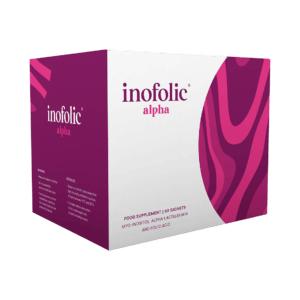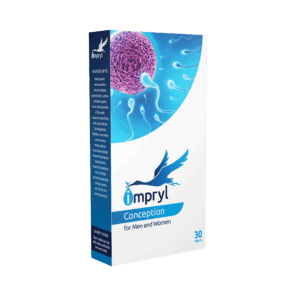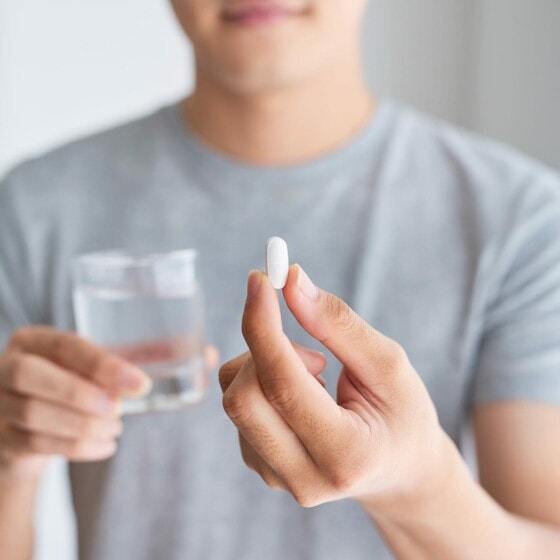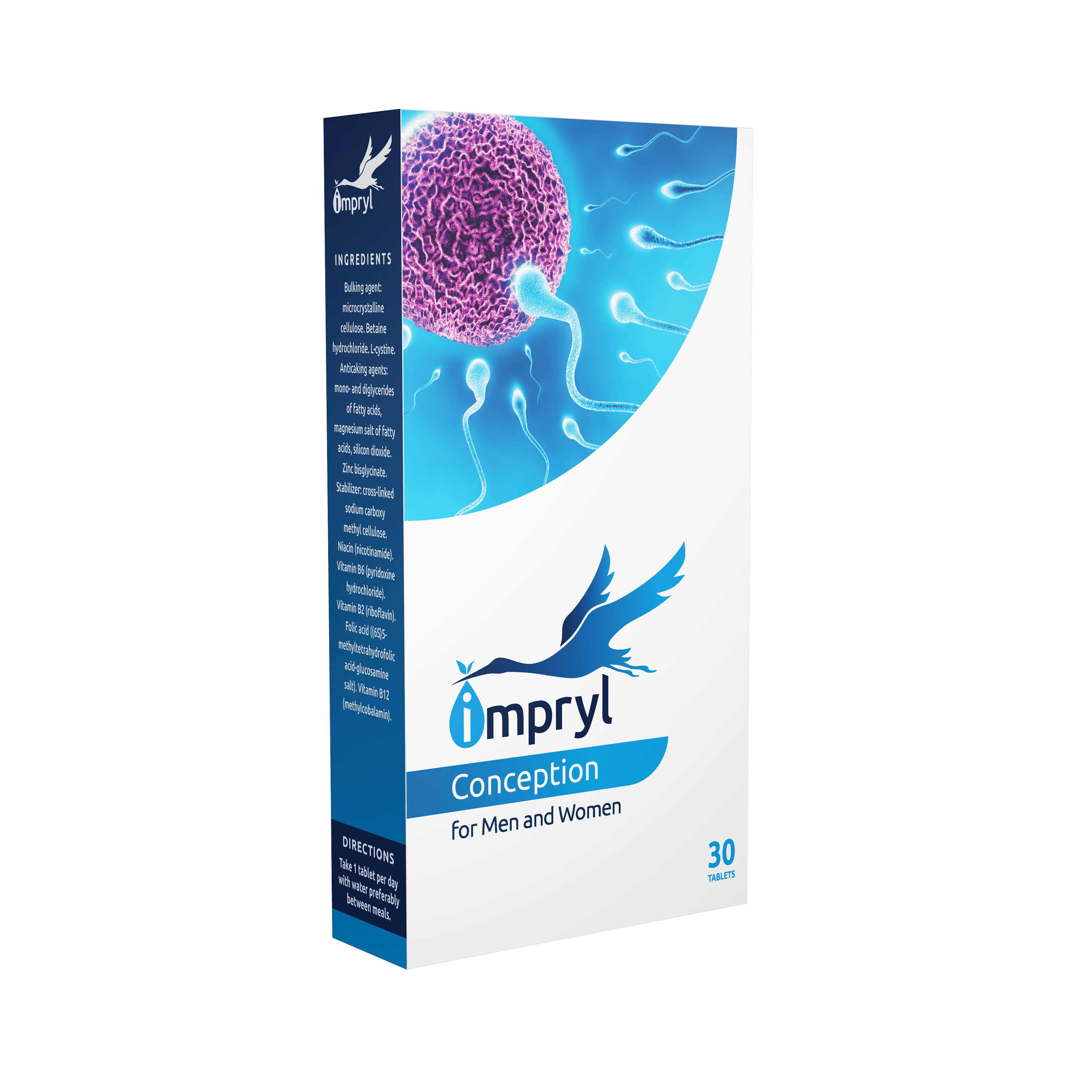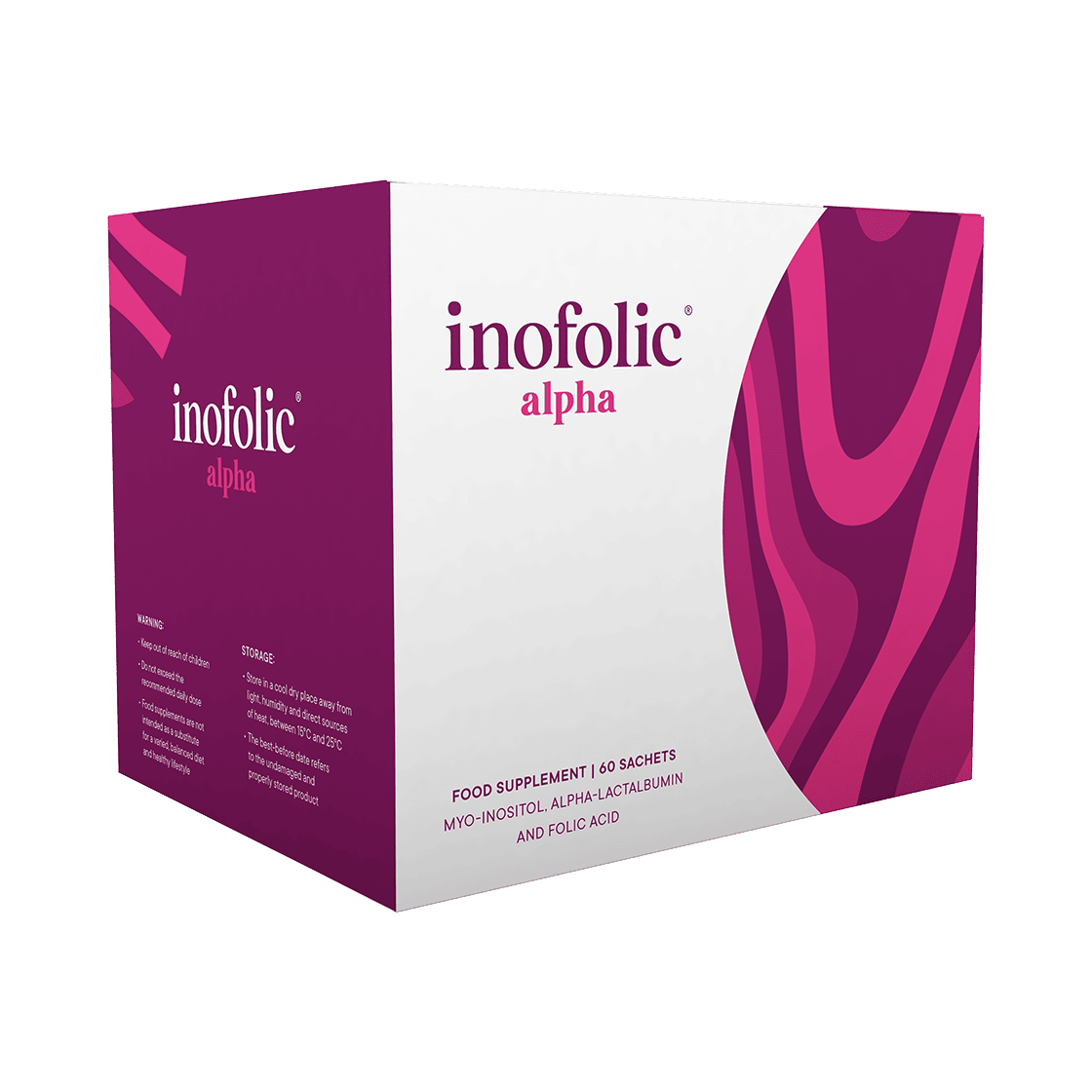What are fertility supplements?
Fertility supplements are manufactured products, usually in the form of a pill, sachet, tablet or capsule. They may contain a variety of constituents and are often suggested as having an important role in fertility.
The difficulty is knowing which of these supplements are likely to be of benefit to you and have evidence demonstrating effectiveness and a logical mode of action.
Vitamins play an essential role in all our bodily functions, including our reproductive health. But it can be difficult to get everything you need from your diet, so supplementing with the right balance of micronutrients ensures you and your partner’s egg or sperm are of the best quality to boost your chances of conception. Managing a healthy diet with the right fertility supplements is an easy and non-invasive way to support your fertility journey.


